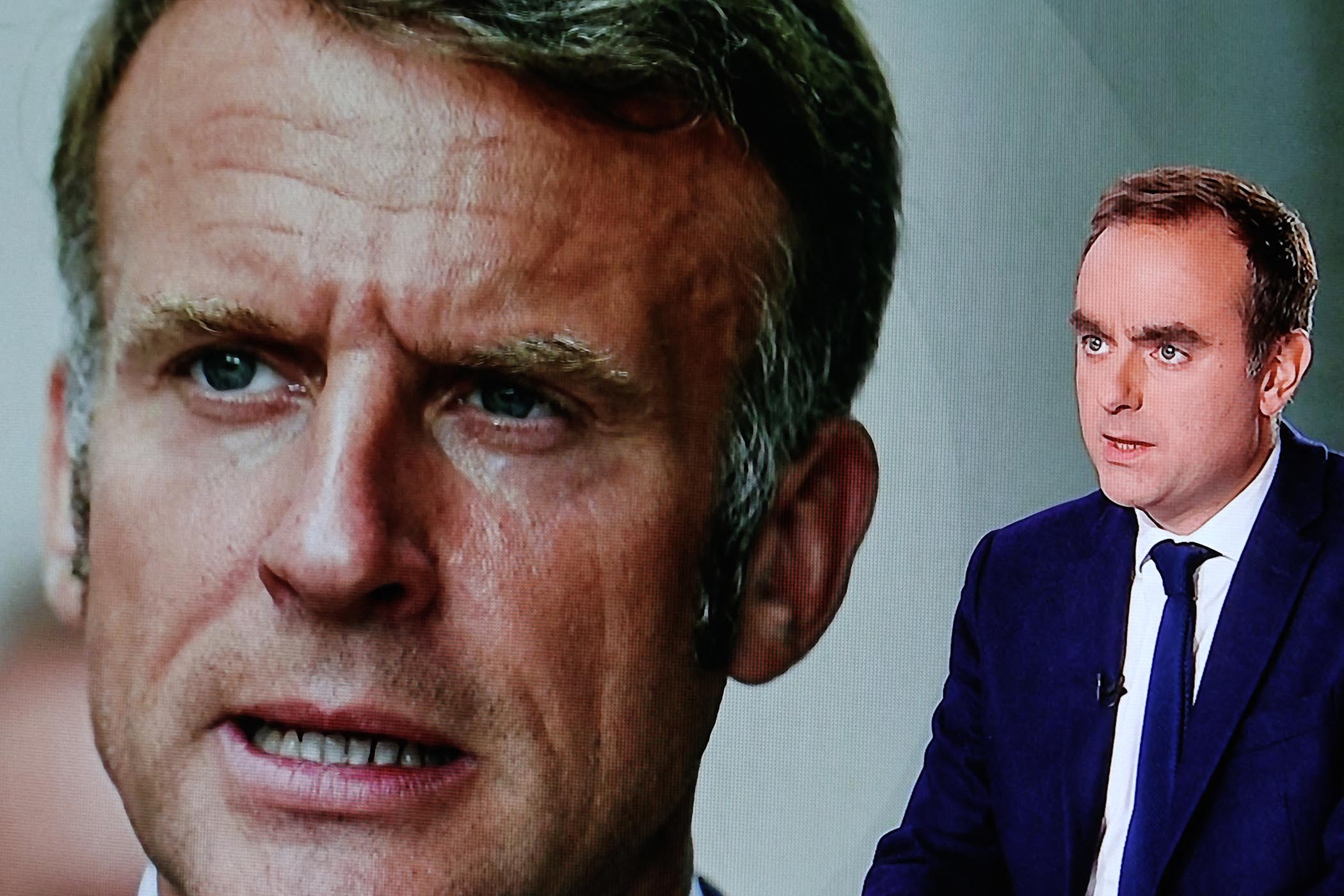The country is divided, the parliament cannot agree, the prime minister has resigned and former president Nicolas Sarkozy is on trial. This is Groundhog Day à la française – plus ça change, plus c’est la même chose.
The past week has been particularly chaotic. On Monday, the prime minister, Sébastien Lecornu, was forced to resign over disagreements about his proposed cabinet, barely a month after he had been appointed. Over the course of a frantic five days of negotiations over Lecornu’s replacement, Emmanuel Macron ended up back where he began, reappointing the man whose resignation he had just accepted. The left and the far right immediately promised to censure the new government.
When did this sense of perpetual crisis take hold of French politics? Was it in summer 2024, when Macron lost his grip on the national assembly in snap parliamentary elections called after being humbled by the far right in European polls? Was it 2018, when the mass movement of gilets jaunes – the yellow vests – swept the nation? Or does the crisis date all the way back to 1958, when Charles de Gaulle ushered in the current French constitution, and with it, the Fifth Republic? And is it time for a sixth?
De Gaulle’s constitution was drafted in response to the war in Algeria, and handed unprecedented powers to the president, who acts both as head of state and the executive branch of government and has the power to dissolve parliament. Today, the office of the French presidency is considered one of the most powerful in the world, and its parliament one of the weakest.
The author of the constitution, Michel Debré, was “a fan of the British parliamentary model”, said Nicolas Roussellier, a historian at Sciences Po, who specialises in French executive power. In addition to the Gaullist presidency, Debré created a relatively powerful role for the prime minister and became the first to occupy the office under the Fifth Republic.
But, crucially, it is the president, not the parliament, who has the power to nominate who takes on this position. And in carrying out the president’s agenda, this official can bypass the assembly using article 49.3 of the constitution to force through legislation in exchange for a confidence vote. Macron’s third prime minister, Élisabeth Borne, did so 23 times, including to pass retirement reforms that sparked mass protests in 2023.
The Fifth Republic privileges stability and relies on the formation of clear majorities with a mandate to govern. What it cannot account for is the current state of affairs. After the 2024 election, parliament has been split fairly evenly between the left, the Macronists and the far right.
This has led to a political stalemate where the left and far right can band together to overturn the prime minister, as they did in the case of Bayrou and Barnier, or Macron’s allies in the traditional rightwing Republican party can withdraw support and topple the government, which was Lecornu’s fate.
It makes passing a budget exceptionally difficult at a time when public debt is accelerating, leading to the threat of EU sanctions and downgrades from credit ratings agencies.
Unsurprisingly, given the context, public opinion regarding politicians is catastrophically low. Macron’s approval rating recently tumbled to 17% – the lowest in his two-term presidency – and in a poll in September, 90% of respondents said the political class was out of touch and not up to the job of running the country.
Newsletters
Choose the newsletters you want to receive
View more
For information about how The Observer protects your data, read our Privacy Policy
Calls to draw the Fifth Republic to a close and bring about a new system that responds to the realities of 21st-century politics have been gaining traction. A Sixth Republic was part of the policy platform of the New Popular Front – a coalition of leftwing parties that finished first in 2024 but fell short of an absolute majority – and has long been espoused by hard-left firebrand Jean-Luc Mélénchon.
What would a new regime look like? “There are as many potential Sixth Republics as there are potential authors of them,” said Audrey de Montis, a constitutional law expert at the University of Rennes. These tend to split into two camps: those who want to clarify the relationship between president and prime minister, and those who want more popular participation in French democracy.
A desire for a new republic crosses the political spectrum and predates the current crisis. The revered late French politician Simone Veil, who was instrumental in setting up the EU and legalising abortion in France, called for a US-style presidency and the abolition of the “ambiguous” role of prime minister.
The far right’s Jean-Marie Le Pen, the father of National Rally leader Marine Le Pen, promised a Sixth Republic when he ran for president in 1995, proposing limiting the presidency to a single term, strengthening the parliament and introducing Swiss-style direct democracy.
Mélenchon’s vision is one in which the “monarchical excesses” of the presidency are curbed by a stronger parliament and in which citizens can propose their own referendums if they gather enough votes – a key demand of the gilets jaunes.
And if ripping up the constitution and starting again seems drastic from the outside, in France it is not unusual. While the US has repeatedly torn itself apart over a single document ratified in 1789, France has had 15 constitutions over the same period, with the Fifth Republic lasting the longest of all of them.
Despite the idea being politically popular, both De Montis and Roussellier are sceptical about the prospects for a new republic and whether it would meet the demands of the moment.
“If we want to set off down the grand boulevard of a new constitution and a Sixth Republic, on the one hand, there will obviously be a period of chaos. On the other, it won’t address the budget crisis, the debt crisis, the environmental crisis or the military crisis,” said Roussellier.
For De Montis, blaming the constitution may be letting underperforming politicians off the hook.
“The crisis of democracy goes completely beyond the constitution,” she said. “For years we were able to govern with a very stable majority, which allowed for effective government and necessarily also meant that we had to listen to the parliamentary opposition. When these elements collapse, we have to adapt to the new reality that we see before us, namely a fragmented parliament that needs to discuss, negotiate and build consensus.”
Photograph by Ludovic Marin/AFP via Getty Images


